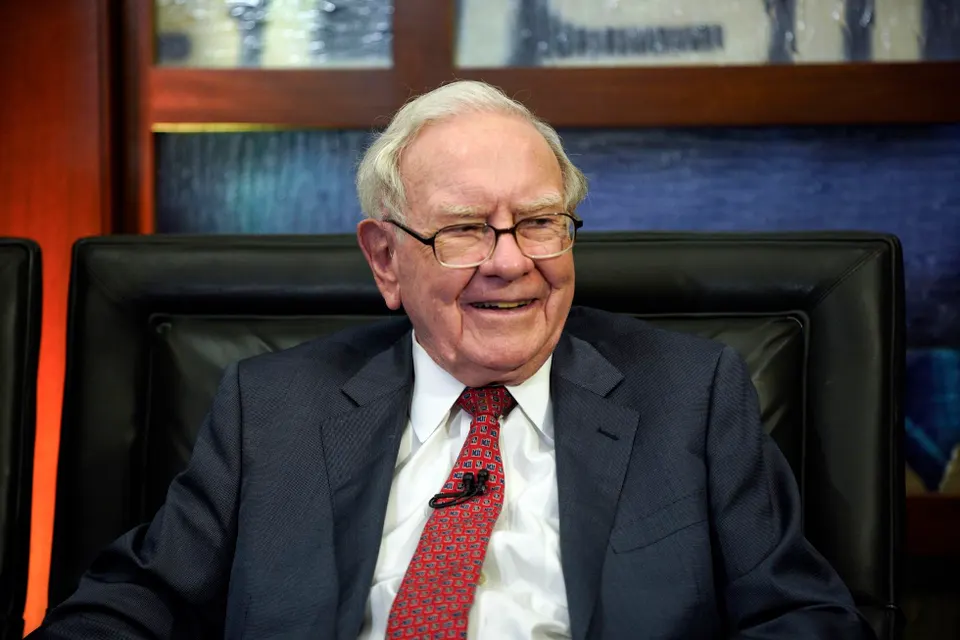Legendary investor Warren Buffett has often described his investment philosophy as buying great businesses for cheap prices. However, a shareholder at Berkshire Hathaway’s 1996 annual meeting wanted to know which of these factors was more important.
“If you had three great companies, wonderful businesses…is it better to wait a year or two to see if the company stumbles?” the shareholder asked.
Buffett responded clearly: “I think it’s better just to own them.”
After all, anticipating a company’s missteps or a market crash without any solid evidence of poor performance may leave you waiting forever.
“To sit there and hope that you buy them in the throes of some panic, that you would take the attitude of a mortician waiting for a flu epidemic, I’m not sure that will be a great technique,” he said.
Here’s why Buffett believes waiting for the market to crash is a futile strategy.
Don’t wait for accidental success
Buffett explained that finding a good, investment-worthy business can be tricky enough. But to find such a business at precisely the right time, while you have plenty of cash and the market is down, is “too much to count on.”
“You never get the benefit of those extremes anyway unless you come into some accidental sum of money at some time,” he said.
And Buffett’s sentiments were previously echoed by another renowned investor, Peter Lynch, in his 1996 book “Learn to Earn.” In his work, Lynch digs into historical returns from 1965 onward and shows that someone who invested during the market’s peak every year had only underperformed someone who invested at the bottom of the market every year by 1.1%. In other words, perfect timing was overrated.
“Far more money has been lost by investors trying to anticipate corrections than has been lost in all the corrections combined,” he says in the book. “It’s also a mistake to sit on your cash and wait for the upcoming correction before you invest in stocks. In trying to time the market to sidestep the bears people often miss out on the chance to run with the bulls.”
Recent data suggests there’s a better approach for investors trying to maximize performance over the long term.
Time in the market
Investors are often better off implementing a consistent strategy over extended periods instead of waiting for home runs, since predicting the market is notoriously difficult.
Digital fund management company WisdomTree compiled a list of annual market predictions from major investment banks and asset managers at the end of 2022. These estimates for the S&P 500 ranged from -4.3% to 17.2%. By the end of 2023, the S&P 500 had delivered a 24.2% gain — beating all 16 forecasts.
Meanwhile, a 2023 Wealthfront analysis revealed that the probability of losing money was 25.2% if an investor stayed invested in the stock market for one year. It dropped to just 0.3% if they stayed invested for 15 years and 0% if the time horizon was stretched to 20 years.
Put simply, time in the market is better than timing the market.

